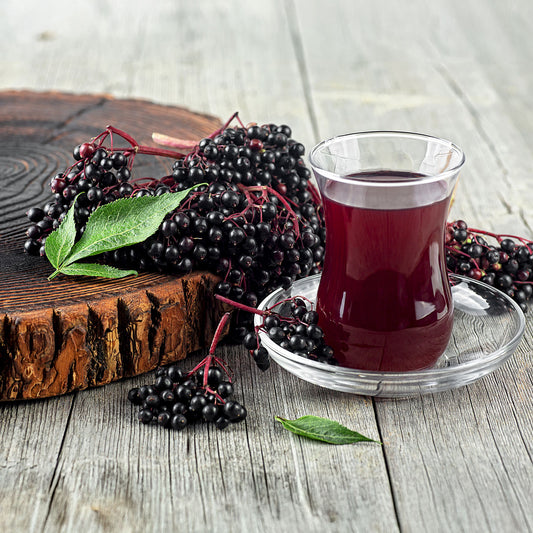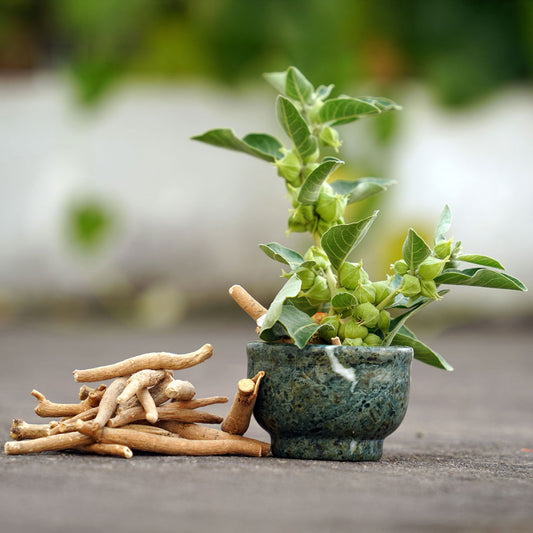What's Behind Your 'Gut Feelings?'

“Trust your gut.”
“I’ve got a gut feeling this is the right thing to do.”
“The whole situation makes me sick to my stomach.”
“I’ve got butterflies in my stomach.”
Are these simply metaphors, or do they point at something very real occurring in our bodies?
According to the Harvard Health Blog1, gut feelings are very real, and scientists are now referring to the gut as our “second brain.”
95% of serotonin is produced in your gut.
You’ve probably heard of serotonin - it’s an important neurotransmitter that helps regulate sleep, appetite, mood, and more.
In fact, your gut has nerve cells and uses serotonin to communicate back and forth with your brain!
Some of the most popular medications for anxiety and depression increase levels of serotonin, and perhaps not surprisingly, the most common side-effects are gut-related.
So when something is so terrible it makes you “sick to your stomach” or you get anxious and feel “butterflies in your stomach,” you’re experiencing just how strong the gut-brain connection really is.
Studies have compared a traditional Mediterranean Diet (fruits, vegetables, unprocessed grains, fish, seafood, and lean meats) to the typical American diet, and found that the risk of depression is 25-35% lower for the traditional Mediterranian Diet group.
Harvard Health Blog offers the following recommendations:
- Eat whole foods and avoid packaged or processed foods, which are high in unwanted food additives and preservatives that disrupt the healthy bacteria in the gut.
- Instead of vegetable or fruit juice, consider increasing your intake of fresh fruits and vegetables. Frozen fruits without added sugars/additives are a good choice too.
- Eat enough fiber and include whole grains and legumes in your diet.
- Include probiotic-rich foods such as plain yogurt without added sugars.
- To reduce sugar intake at breakfast, add cinnamon to plain yogurt with berries, or to oatmeal or chia pudding.
- Adding fermented foods such as kefir (unsweetened), sauerkraut, or kimchi can be helpful to maintain a healthy gut.
- Eat a balance of seafood and lean poultry, and less red meat each week.
- Add a range of colorful fresh fruits and vegetables to your diet and consider choosing certain organic produce.
REFERENCES:
- Uma Naidoo, MD. “Gut Feelings: How Food Affects Your Mood.” Harvard Health, 7 Dec. 2018, www.health.harvard.edu/blog/gut-feelings-how-food-affects-your-mood-2018120715548.




